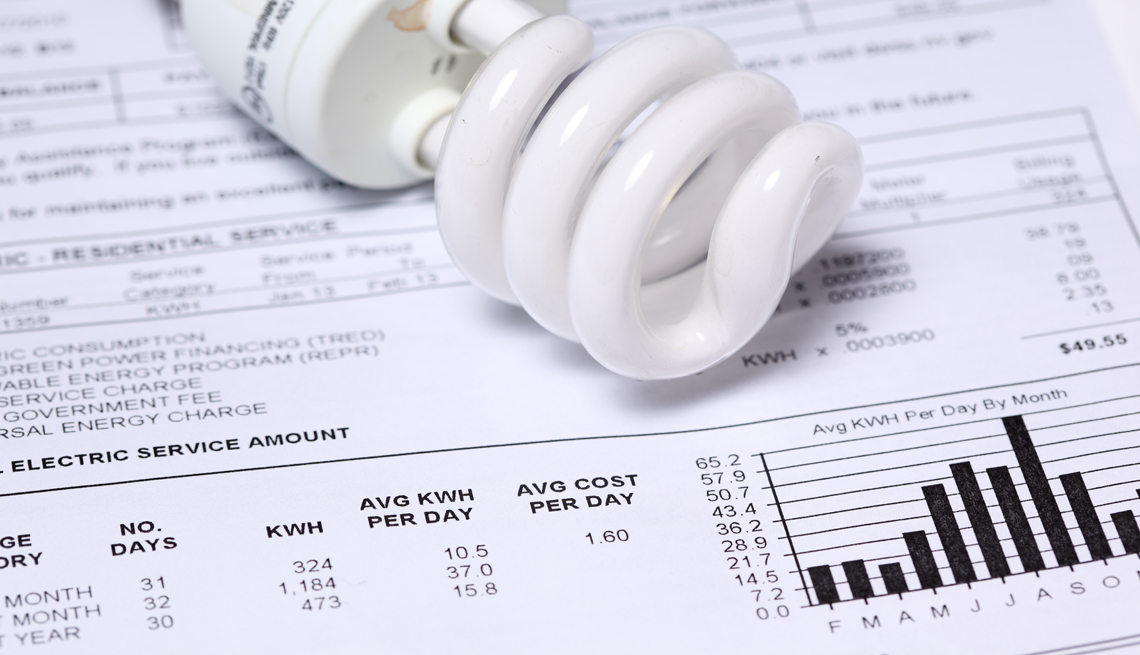
- Select a language for the TTS:
- UK English Female
- UK English Male
- US English Female
- US English Male
- Australian Female
- Australian Male
- Language selected: (auto detect) - EN
Play all audios:
The simmering row in the House of Commons is no longer just about parliamentary proprieties, whether or not the procedures for upholding standards are adequate. It isn’t just about one what
one MP did or didn’t do, whether he was treated fairly or not, whether he was right to resign or whether his colleagues should have defied the whip. It isn’t even about so-called Tory
sleaze. It is now about the Prime Minister, his character and conduct, his attitude to his party and to Parliament. Regular readers of this column will know that I have never been shy of
criticising Boris Johnson. On issues where he has made decisions that were, with hindsight, either dubious or plain wrong, I have said so. His handling of the great crisis of his
premiership, the Covid pandemic, has at times been erratic. Some mistakes cost political capital. Others cost lives. For all his faults, however, this Prime Minister has more often been
right than wrong. He has shown genuine leadership throughout two of the most difficult years of our lives and he is well capable of staying the course. In December 2019, the country backed
him with one of the largest majorities for many years. Yet now some Tory MPs and even ministers are telling the press — anonymously, of course — that they would like to sack him. For what,
precisely? Apparently because he did not turn up yesterday in the Commons to face the music. The debate about last week’s attempt by the Government to block the suspension of Owen Paterson
and rewrite the parliamentary standards system was an opportunity for Boris Johnson to explain himself and apologise to the House. That, apparently, is what was supposed to happen. But the
PM was instead photographed at a hospital in Northumberland, where he refused to say more than that “we take all this very, very seriously and that we get it right”. According to the_ Times
_(behind a paywall), the 2019 intake of MPs felt badly let down by the absence of their leader at the dispatch box. These new kids on the block resent being patronised by more senior
colleagues who tell them that they don’t understand how the Commons works. Mark Fletcher, the MP for Bolsover, spoke for them when he said: “l think that two years here is more than enough
to know the difference between right and wrong.” One minister is quoted as saying that the authority of the Prime Minister had “taken a massive blow. We put up with him as long as he’s
popular. As soon as he’s not we should get rid [of him].” This is reminiscent of way some of Margaret Thatcher’s ministers used to talk about her behind her back. The Leader of the
Opposition, Sir Keir Starmer, accused the absent PM of “trashing our democracy”. If merely missing a debate warrants such transatlantic bombast, then who shall ’scape a whipping? But this
rather vague charge will have stung less than the accusation of cowardice: “He does not have the decency either to defend or to apologise for his actions. Rather than repairing the damage he
has done, the Prime Minister is running scared. When required to lead, he has chosen to hide. His concern, as always, is self-preservation, not the national interest.” This combination of
insubordination and indignation is potentially dangerous for any Prime Minister. Once the issue of character has been raised on both sides of the House, we know how the story may end: if not
with gunpowder, then certainly with treason and plot. Boris Johnson is neither naive nor ignorant. He remembers those fearful last weeks of Mrs Thatcher’s reign, when her popularity was
draining away due to the poll tax, her intransigence on Europe had undermined her position in the Commons, and her isolation in Cabinet left her with no one to whom to turn. A whispering
campaign against her, spread by old foes in Whitehall and Westminster, suggested that she was losing her grip, perhaps even her mind. Nothing remotely like this has taken place so far in
what the Speaker calls “the mess we’re in”. Indeed, the present predicament cannot even be compared with earlier crises in Mrs Thatcher’s three terms of office: the various ministerial
rebellions and resignations over economic policy, the Falklands War, the Miners’ Strike, the Westland Affair, and more. Her position was threatened many times but she always emerged
triumphant. Until, after nearly eleven years, she didn’t. Boris Johnson is guilty of nothing worse than a misjudged attempt to protect a colleague for whom a great many Conservatives feel
a lot of sympathy. Yet by conflating that magnanimous, if misguided, impulse with a botched bid to tilt the balance back in favour of MPs accused of breaking the rules, he has inadvertently
given the impression that he does not care about corruption among colleagues and may even be covering up his own. There is not a shred of evidence to support such contentions. Even Sir Keir
Starmer (unlike his deputy Angela Rayner) did not directly accuse the PM of “sleaze”, but merely of “giving the green light to corruption”. They both know that the UK ranks joint 11th out of
180 countries in the Corruption Perceptions Index, based on all the reputable academic indices. When Anne-Marie Trevelyan, the International Trade Secretary, claimed yesterday that there
was “very, very little corruption” in British politics, she was not stating an opinion, but a fact. We are level with Canada and Australia, just behind Germany and Scandinavia, but well
ahead of France and the United States. On the specific issue of parliamentary standards, the two sides are actually not far apart. Stephen Barclay, the Cabinet Office Minister, acknowledged
that it had been wrong to conflate the reform of the rules with an individual case. Chris Bryant, the Labour chairman of the Parliamentary Standards Committee, conceded that there was a
“perfectly decent argument” for reforming the disciplinary rules to give MPs a right to appeal against the severity of sanctions imposed on them by the Standards Commissioner. He and his
colleagues will report before Christmas with recommendations for such a reform. Though this will come too late for Owen Paterson, he will at least have the satisfaction of knowing that other
MPs will not face what he still insists was an unjust system. As for the wider question of whether MPs should have second jobs while being prohibited from lobbying: this is a question of
pots and kettles. While many more Conservatives sit on boards or act as consultants, their corporate earnings are often less, when measured by hourly rates of pay, than those of Opposition
figures. The Guido Fawkes platform has done some digging on this. Sir Keir Starmer has earned £113,975 in legal fees since becoming an MP in 2015. For the £25,934 he earned in the last year,
his hourly rate was £247. The Lib Dem leader, Sir Ed Davey, made £78,000 last year, an hourly rate of £650. The SNP’s Westminster leader Ian Blackford made £38,967 for an hourly rate of
£1,217. These are the tribunes of the people who prose on about Tory sleaze and campaign against second jobs. As long as he is frank and open with his colleagues and the House, the Prime
Minister has nothing to fear from the attempt by media and Opposition to whip up a storm about corruption. But If Boris Johnson wants to repair his reputation, he needs to learn a little
humility. Parliamentary scrutiny and accountability do matter. The public may (like him) be bored by such things but we know they are important. When he faces Sir Keir across the dispatch
box at PMQs tomorrow, Boris must show that he means what he says about taking these things “very, very seriously”. He must indeed “get it right” — even if that means admitting that, last
week, he got it wrong.










